The best Usenet providers
Get all the text and files you need from the best Usenet providers

The best Usenet providers open the door to a massive network of discussion groups and file-sharing resources.
Our team has spent many years using and evaluating the top Usenet providers. We hone in on factors like how long files are stored (retention rates), how often downloads are complete (completion percentages), the number of newsgroups available, connection speeds, and security features.
After extensive testing of every major provider, pushing gigabit connections, checking completion rates on files from decades ago, and stress-testing automation setups, our top pick remains Newshosting. It combines industry-leading retention, excellent speeds, and a bundled newsreader that makes setup painless for newcomers.
But your mileage may vary depending on what you actually need. Here's my breakdown of the six best Usenet providers.
The quick list

A top-rated Usenet provider known for its vast number of newsgroups and impressive retention times. Its unique feature is the included newsreader with a built-in search tool.
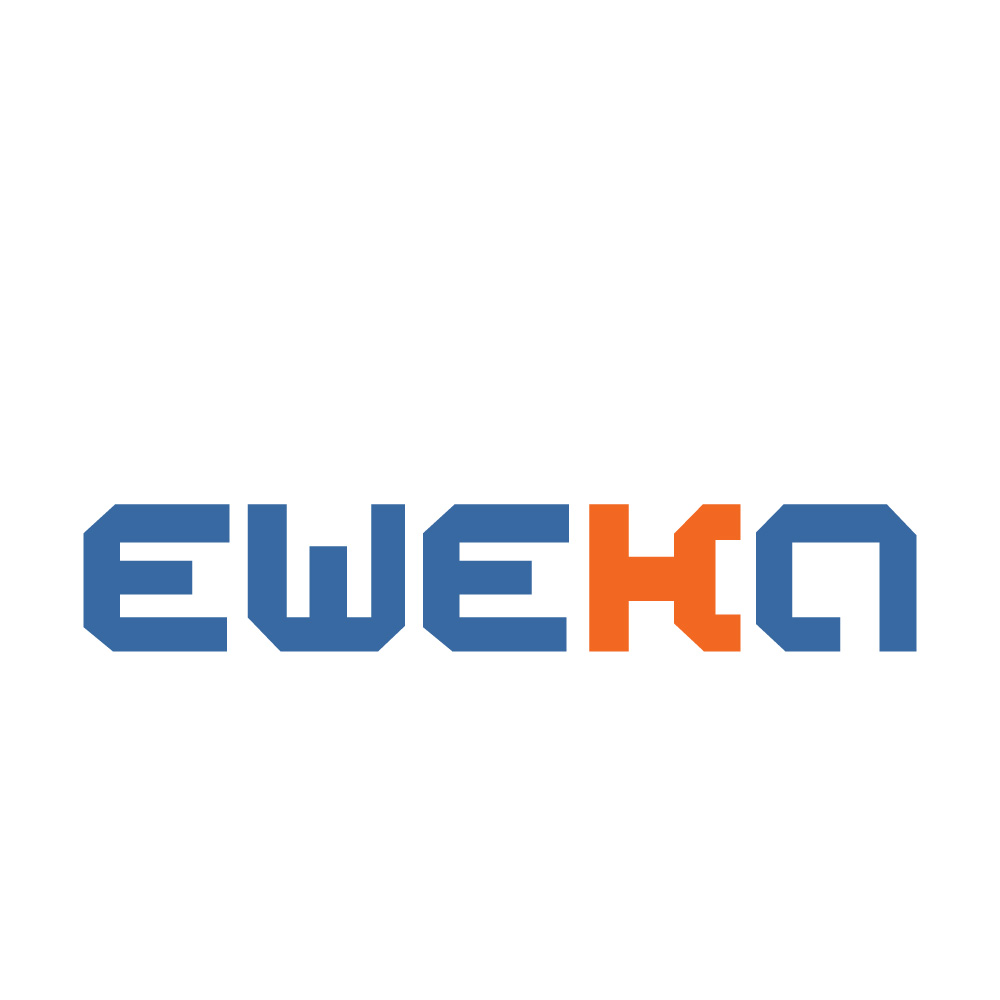
Netherlands-based with 6,300+ days retention and 125,000+ newsgroups. Aggressive pricing consistently undercuts American competitors.

Running since 1994, Giganews has lower retention than competitors, but rock-solid reliability and 100% completion.
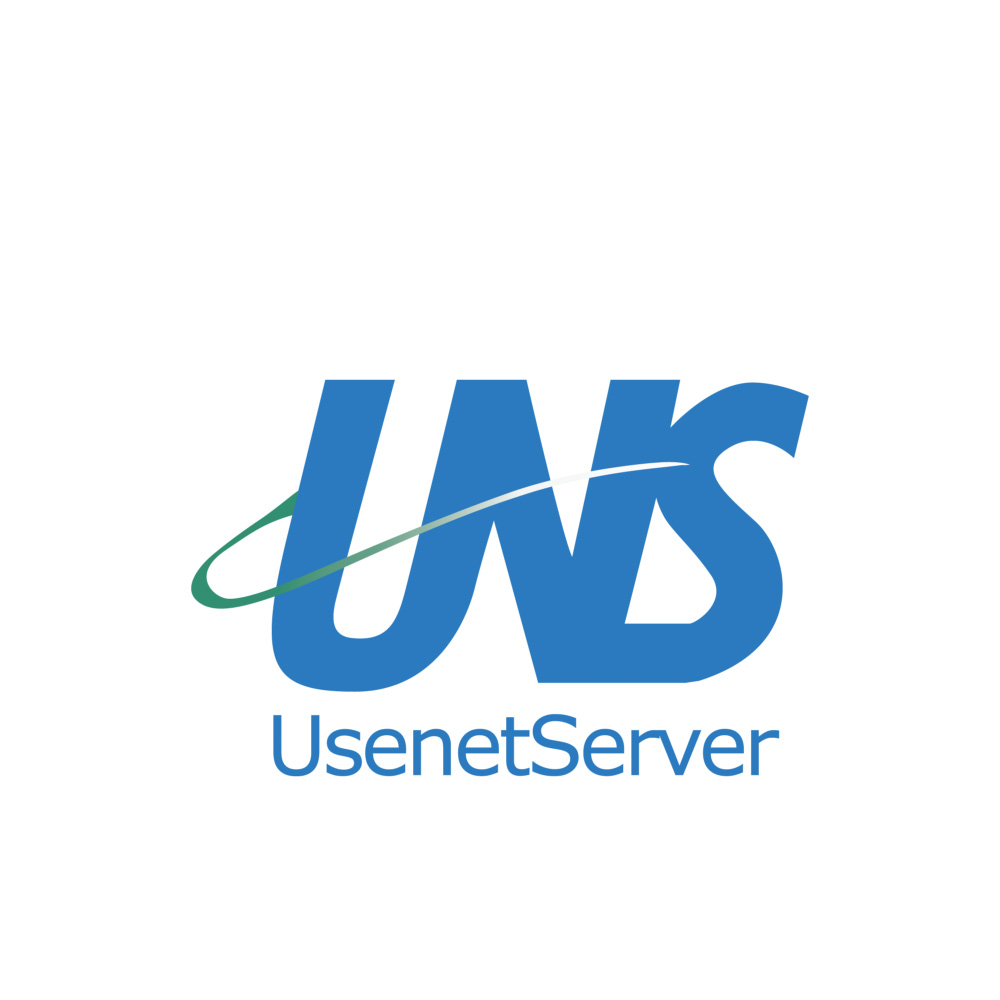
A budget-friendly option, UsenetServer provides unlimited downloads with impressive speeds. It offers a free NZB search engine that's great for finding obscure files.
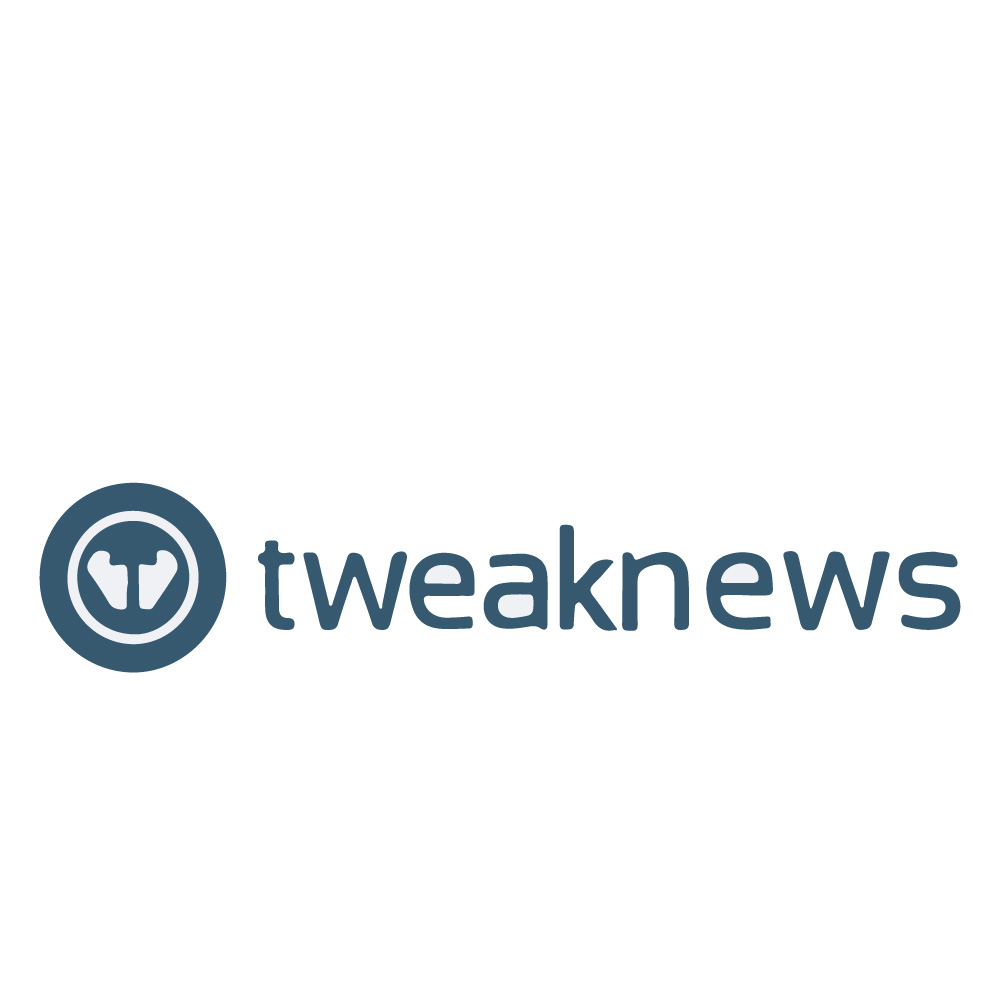
Known for its flexible pricing model, TweakNews also offers a good retention period and a free newsreader, making it a good backup server.

Ideal for new users, Easynews offers great retention and requires no additional software. It’s user-friendly, allowing access through any major browser.
The best Usenet providers
Why you can trust Tom's Guide
The best Usenet provider overall

1. Newshosting
Our expert review:
Specifications
Reasons to buy
Reasons to avoid
I keep coming back to Newshosting because it just works. There are no surprises, no weird gotchas, and no sudden policy changes that break your automation setup.
When files travel across Usenet, they're split into thousands of small pieces. Sometimes pieces go missing or get corrupted. Newshosting's 99.9% completion rate means almost every piece arrives intact, which is more than I can say for some budget resellers I've tested.
Speed-wise, Newshosting consistently saturates my connection. The server clusters in both the US and Europe mean good routing regardless of where you're located.
I like the included newsreader with built-in search. Most providers assume you'll bring your own download client (such as SABnzbd or NZBGet) and your own indexer subscription. (An indexer is essentially a search engine that catalogs Usenet content and generates download files.)
Newshosting's client lets you skip that extra cost and complexity by searching their entire archive directly. That said, the search is fairly basic. You can't filter by file type, resolution, or release group the way you can with premium indexers. Power users will still want a proper indexer subscription.
Three pricing tiers exist: Lite ($10/month, 50GB cap, 30 connections), Unlimited (from $12.95/month), and XL Powerpack (from $15.83/month, with VPN and Easynews web search included). The Lite’s GB cap is essentially useless unless you only want text groups. A single high-definition movie can exceed 50GB. Go Unlimited or go home, I say.
Using encrypted connections for your Usenet traffic then routing everything else through the VPN creates a setup that's effectively invisible to ISP traffic analysis, so it's nice that XL Powerpack includes a Switzerland-based provider with a no-logging policy.
The bottom line: Newshosting is the "just works" choice. If you want to set something up once and forget about it for years, this is your provider.
The best value Usenet provider
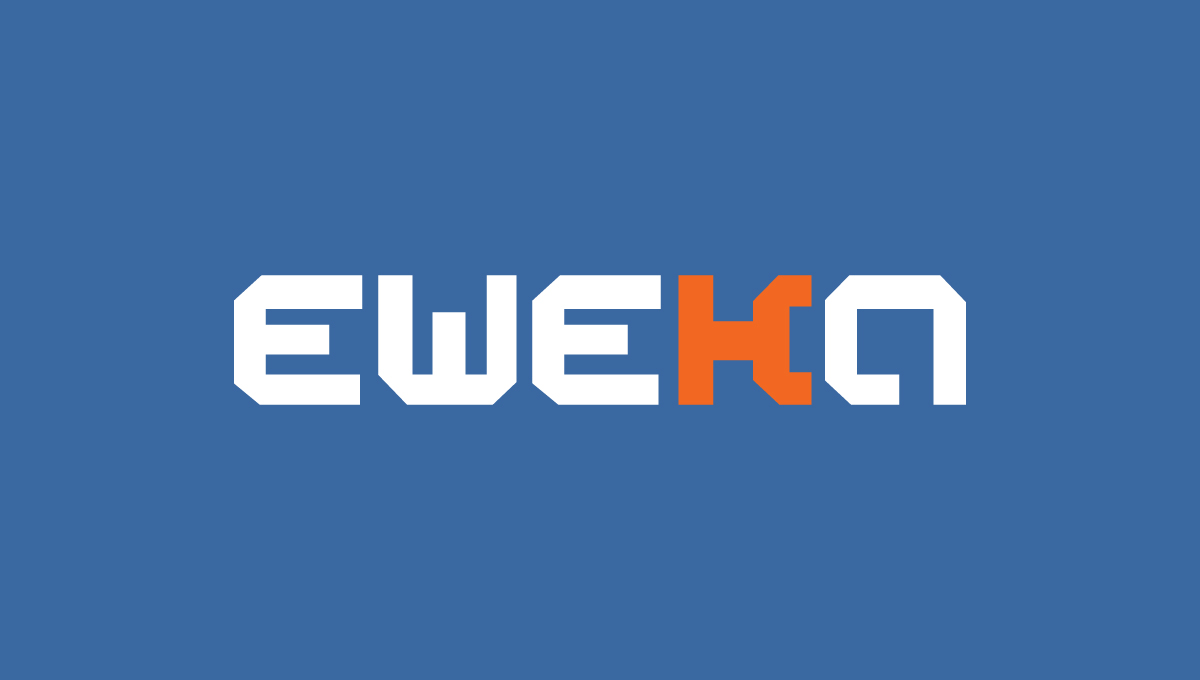
2. Eweka
Our expert review:
Specifications
Reasons to buy
Reasons to avoid
Eweka is a popular Usenet provider with years of industry experience and a reputation for excellence. It runs independent data centers across Europe and operates a trans-Atlantic Usenet backbone to deliver excellent speeds across the Americas as well.
As a European company, Eweka’s prices are listed in Euros. It's often running a special offer on pricing.
The current retention of 6,200+ days is excellent. Basically, it means you will be able to access a much greater range of content, increasing your chances of finding what you’re looking for.
We were also impressed with the number of newsgroups available, with Eweka claiming to provide access to more than 125,000 groups. This is up there with the largest number offered by any Usenet provider.
One aspect of user experience where Eweka shines is in its straightforward pricing model. The provider has streamlined its subscription options to eliminate confusion, making it easier for you to decide on a plan without having to navigate through a maze of tiered service levels.
Eweka's support for high-quality, third-party newsreaders, coupled with its excellent retention rates, makes it a solid choice for users who value depth of content and the freedom to tailor their browsing tools.
The best budget Usenet provider

3. Giganews
Our expert review:
Specifications
Reasons to buy
Reasons to avoid
I first used Giganews in the early 2000s when they were the undisputed king of Usenet, and they're still running on basically the same philosophy today: prioritize speed and reliability over archive depth.
Their 5-year binary retention is a deliberate choice. Giganews argues (and I tend to agree) that most users want content from the last few years, not stuff from 2008. By limiting their storage window, they keep everything on faster active storage rather than slower archival systems. In my speed tests, Giganews consistently matched or beat providers with longer retention when downloading recent content.
But that’s the trade-off: if you're looking for something posted six years ago, Giganews simply won't have it. Competitors like Newshosting or Eweka store content for 17+ years.
The 100% completion claim is bold, but it holds up in practice. They store multiple copies of every piece across redundant server clusters. I've run completion tests against content from various ages within their 5-year window and haven't hit a single failure that wasn't caused by copyright takedowns.
The inclusion of the VyprVPN service with each subscription plan is a benefit that shouldn't be overlooked. For users concerned about privacy and security, having a VPN integrated into the Usenet service adds an extra layer of protection.
Pricing runs $9.99/month, dropping to $8.33/month on annual billing. All plans include VyprVPN, 100 connections, and SSL encryption.
The support experience surprised me, too. When I submitted a test ticket asking about connection optimization, I got a response from someone who actually understood the technical details. That's rare in this industry, where support often means reading from a script.
The bottom line: If you primarily want recent content and value a high-quality VPN, Giganews offers excellent bang for buck. Just don't expect to find files from 2015 or earlier.
The Usenet provider with the best search
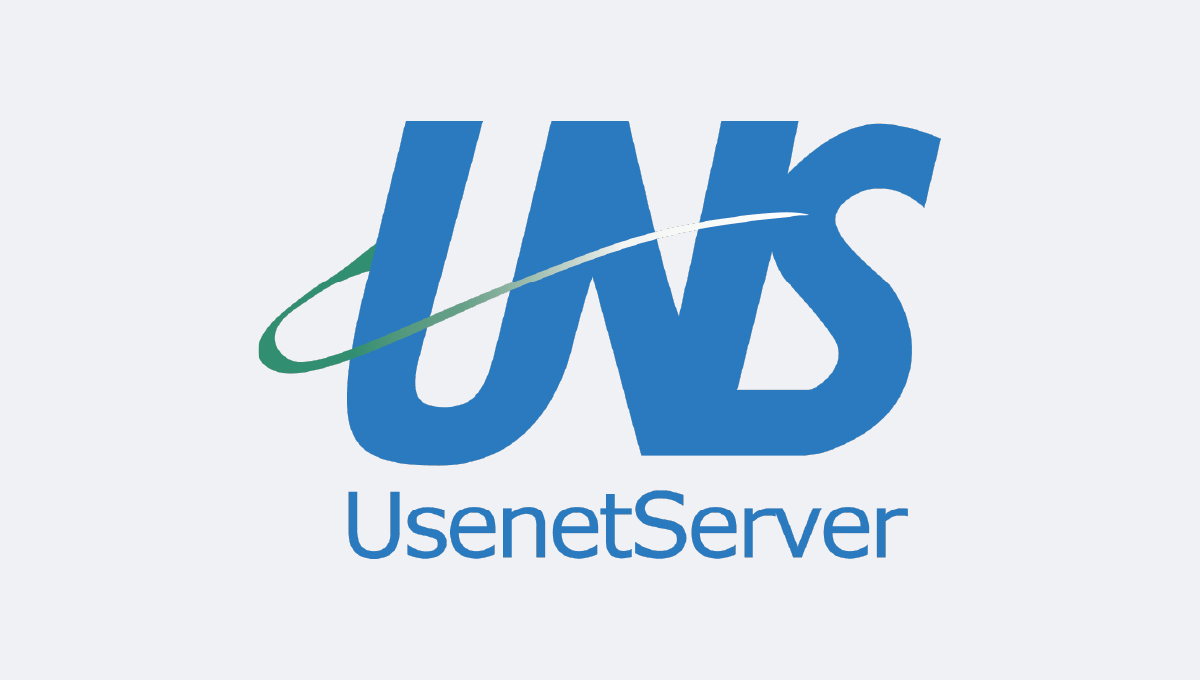
4. UsenetServer
Our expert review:
Specifications
Reasons to buy
Reasons to avoid
UsenetServer doesn't try to do everything. It doesn’t offer a bundled newsreader, there’s no fancy web interface, and no hand-holding. What they do provide is rock-solid infrastructure and the best manual search tool I've tested.
I love UsenetServer's Global Search. Most indexers only know about content they've specifically cataloged. If an uploader deliberately obscured a filename (common practice to avoid automated takedowns), external indexers often miss it entirely. UsenetServer's Global Search queries the raw data on their servers directly. I've found files through Global Search that don't appear in any public indexer.
The catch is that Global Search is purely manual. You can't integrate it with automation tools. If you're running Sonarr or Radarr (popular programs that automatically find and download content), you'll still need a separate indexer subscription. Global Search is best for one-off manual hunting when automated methods fail.
The 20-connection limit seems restrictive on paper, but their Tier-1 infrastructure means individual connection speeds are excellent. On my connection, 20 connections were enough to hit 900+ Mbps sustained. You'd need a 2 Gbps line before the connection limit became a real bottleneck. Still, if you have extremely fast internet, other providers offer more connections.
Retention matches the industry leaders at 6,300+ days. I tested completion rates against Newshosting using the same content sets, and results were statistically identical. No surprise, as they likely share backend infrastructure, but the parity is confirmed.
The PrivadoVPN bundle on annual plans ($7.95/month) is nice, too. PrivadoVPN maintains a strict no-logging policy and works with common streaming services. It doesn’t offer as many protocols as VyprVPN, but it's a solid offering for general privacy.
But since there’s no newsreader, you'll need to configure your own download client. For users already running automation tools, this isn't a problem. For newcomers, it's an extra learning curve.
The Usenet provider with the most flexible pricing
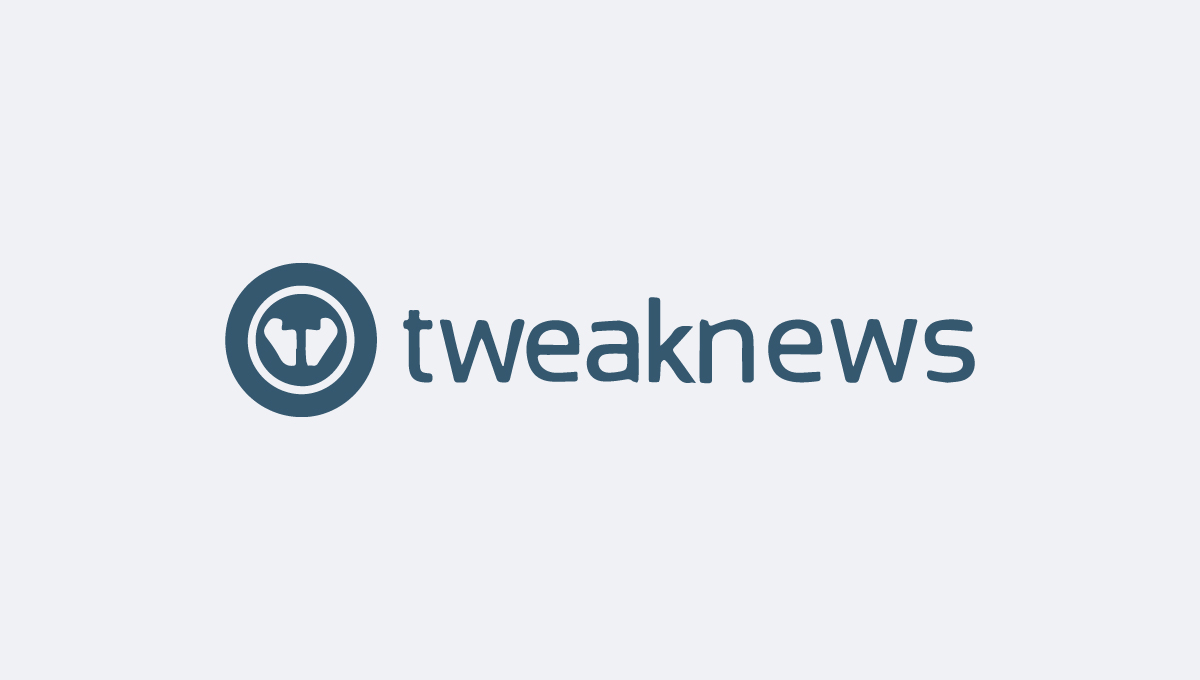
5. TweakNews
Our expert review:
Specifications
Reasons to buy
Reasons to avoid
TweakNews is the Swiss Army knife of Usenet providers. Where competitors force you into unlimited plans, TweakNews acknowledges that different users have genuinely different needs.
I use TweakNews as a backup server in my download client, with a block account that I purchased years ago. When my primary provider fails to complete a download, the client automatically tries TweakNews for the missing pieces. That block account still has credit on it four years later because I'm only using it to fill gaps.
A block account is simple: you pay once for a chunk of data (say, 500GB) and it never expires. You use it only when needed. For users who already have a primary unlimited subscription elsewhere, a €45/500GB ($52.48) block from TweakNews is insurance that lasts years.
The block account pricing is transparent: €2 ($2.35) for 10GB up to €90 ($105.96) for 2TB. None of it expires. This is genuinely unusual in an industry that wants recurring monthly revenue.
If you do want TweakNews as your primary, the subscription options are interesting, too. The "Fast" plan (€5.83/month annual, which is $6.86) caps you at 50 Mbps. Useful if your internet connection is slower than that anyway; why pay for speed you can't use? "Lightning" at €7.50/month ($8.83) bumps to 100 Mbps. "Ultimate+VPN" at €9.07/month ($10.68) removes all caps, adds a VPN, and supports 60 connections.
Retention at 4,800+ days is lower than the 6,300+ offered by Omicron-backed providers. That's about 13 years versus 17 years of stored content. For content from the last decade, this rarely matters. You'd only notice the difference when hunting for very old files.
They bundle UsenetWire, a proprietary newsreader that handles search and basic downloading. It's fine for casual use, but it lacks the automation hooks that power users need.
The bottom line: TweakNews is the perfect secondary provider. Buy a block account, configure it as a backup, and enjoy near-100% completion rates.
The best Usenet provider for beginners
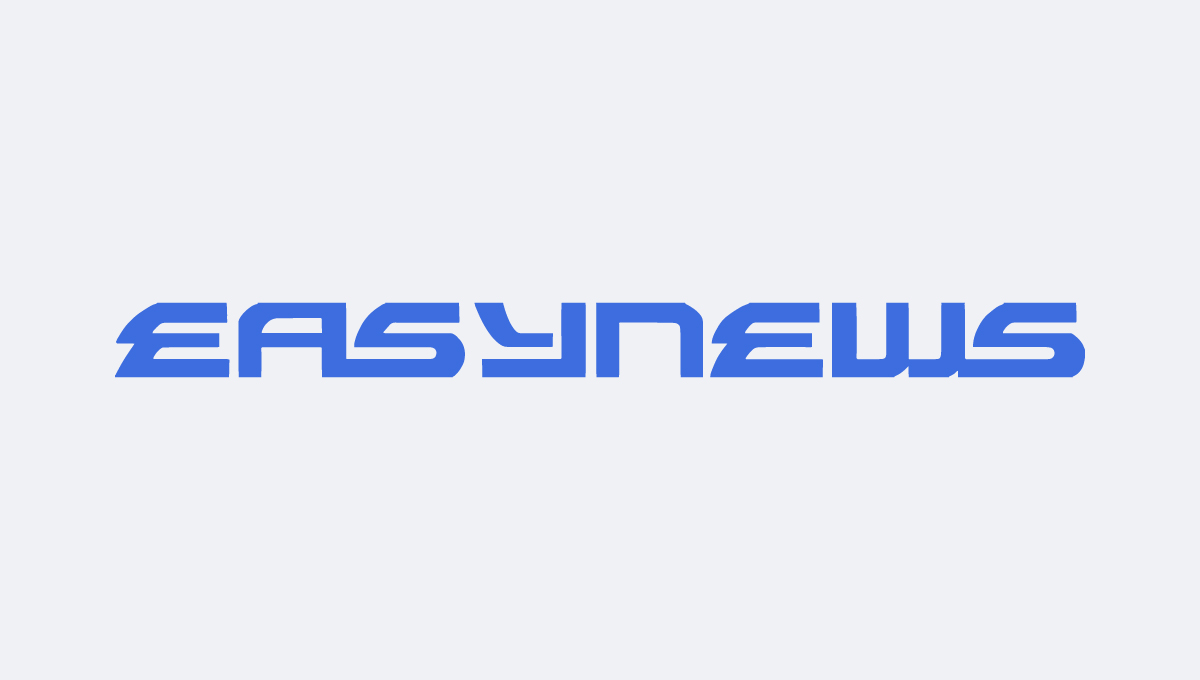
6. Easynews
Our expert review:
Specifications
Reasons to buy
Reasons to avoid
Easynews solves a problem that everyone else ignores: what if you just want to use Usenet without becoming a systems administrator?
Traditional Usenet requires configuring a newsreader, finding an indexer, managing download files, handling error correction, and extracting archives. Easynews does all of this server-side. You log into a web interface, search for what you want, and click download. The server assembles everything, repairs any corruption, extracts archives, and delivers a clean file to your browser.
I've been recommending Easynews to newcomers for over a decade. It's the only provider where I can tell someone "just go sign up" without following up with a 45-minute tutorial.
The web interface has legitimately powerful search filters. You can narrow by video codec, resolution, file type, and posting age. Thumbnail previews help avoid downloading the wrong file. The "Zip Manager" feature lets you queue multiple files and download them as a single archive.
The pricing structure is more complex than it first appears. There are three tiers ranging from $9.95/month to $29.94/month, and these each include a monthly transfer limit via the website interface. The cheaper plans require an additional $9.95/month to unlock traditional client access. So, for a comparable service to competitors, expect to pay between 20 and 30 bucks a month.
The bottom line: Easynews is the on-ramp for Usenet beginners and the escape hatch when traditional access fails. Read the plan details carefully; the headline pricing hides significant feature differences between tiers.
The best Usenet providers, compared
Usenet provider | Entry price | Retention | Newsgroups | Maximum Connections |
|---|---|---|---|---|
Newshosting | $10 a month | 6,300+ days | 120,000+ | 100 |
Eweka | $8.23 a month | 6,300+ days | 125,000+ | 50 |
Giganews | $8.33 a month | 5+ years | 110,000+ | 100 |
UsenetServer | $7.95 a month | 6,300+ days | 100,000+ | 20 |
Tweaknews | $6.86 a month | 4,800+ days | N/A | 60 |
Easynews | $9.98 a month | 365-2800+ days | 110,000+ | 60 |
Usenet providers FAQs
What is Usenet?
Usenet is a global network of discussion forums (called newsgroups) that predates the World Wide Web. Created in 1979, it started as a decentralized system for text-based communication between universities.
These days, while some text discussion groups remain active, the overwhelming majority of Usenet traffic is binary data: media files, software, and archives. Think of it as a massive, distributed file storage system spread across servers worldwide.
To access Usenet, you need a provider (the services reviewed above), which gives you login credentials for their servers. Most users also need an indexer (a specialized search engine for Usenet content) and a newsreader client (software that downloads and assembles files). Some providers like Newshosting and Easynews bundle these tools, reducing the setup complexity.
How to choose the best Usenet provider for you
Usenet has its own set of jargon, and it pays to understand which of these matter to you before you thrown down money on a long subscription.
Retention is how long files stay available. Higher is generally better, but diminishing returns kick after about 3,000 days. Unless you specifically need content from 2010 or earlier, you don't have to make retention your primary decision factor.
Completion rates matter more than retention for most users. A provider claiming 99.9% completion means fewer failed downloads and less time troubleshooting. Look for providers that store redundant copies of content across multiple server clusters.
Connection limits affect how quickly you can saturate your bandwidth. 20 connections is usually enough for gigabit. Only users with very fast fiber (2 Gbps or higher) genuinely need 50+ connections. Don't pay extra for connection counts you'll never use.
Server locations determine latency. US users should prioritize providers with US datacenters; European users should look for Amsterdam or similar EU locations. The difference between 20ms and 120ms latency matters for connection efficiency.
SSL encryption should be non-negotiable in 2025. This prevents your ISP from throttling Usenet traffic or inspecting what you're downloading. Every provider on this list supports SSL; avoid any that don't.
VPN bundles add value if you don't already have a VPN subscription. A bundled VPN protects your traffic to indexer sites (which do log IP addresses) and any non-Usenet activity.
Pricing flexibility varies dramatically. If you're unsure how much you'll use Usenet, TweakNews's block accounts let you pay-as-you-go without committing to monthly subscriptions.
How we review the best Usenet providers
To start our testing process, we install and configure the Usenet provider's software or compatible newsreaders. We assess the installation process for user-friendliness, ease of setup, and compatibility with different operating systems. Additionally, we evaluate the available features, such as search functionality, filtering options, and interface intuitiveness.
One aspect we examine is the speed and download performance offered by Usenet providers. We test the connection speeds across different server locations, assessing their consistency and reliability.
We thoroughly evaluate the retention period and completion rates provided by the Usenet providers. By accessing and analyzing various newsgroups, we verify if articles and files from both recent and historical periods are consistently available. High retention rates and completion percentages are key indicators of a reliable Usenet provider.
Our testing process includes exploring the newsgroup coverage offered by each provider. We examine the breadth and depth of available newsgroups, ensuring that they cover diverse topics and interests.
As privacy and security are paramount, we thoroughly review the security measures implemented by Usenet providers. We assess if providers offer SSL encryption to protect users' communication and data integrity. We also investigate their logging policies to ensure they align with privacy expectations and industry standards.
Finally, to evaluate the level of customer support provided, we engage with the Usenet providers' support teams, posing inquiries and assessing their responsiveness and effectiveness in addressing our queries. We take note of the available support channels, response times, and the quality of assistance offered.
See our testing methodology page for more information.
Next steps with Usenet and file sharing
If Usenet seems like overkill for your needs, there are simpler alternatives. For sharing files with specific people, check out our guide to the best cloud storage services, including options for free cloud storage. Photographers should look at best photo storage sites.
For peer-to-peer file sharing, the best file sharing apps guide covers modern options. Traditional torrent users will find various desktop BitTorrent clients available, though I'd strongly recommend combining any P2P activity with a quality VPN.
Get instant access to breaking news, the hottest reviews, great deals and helpful tips.

Richard is a technology writer with over 20 years experience in website development, marketing, and SEO. A graduate in Computer Science, he has lectured in Java programming and built software for companies including Samsung and Walmart. Richard writes for TechRadar, IT Pro, Tom's Guide, and PC Gamer.
 Club Benefits
Club Benefits





